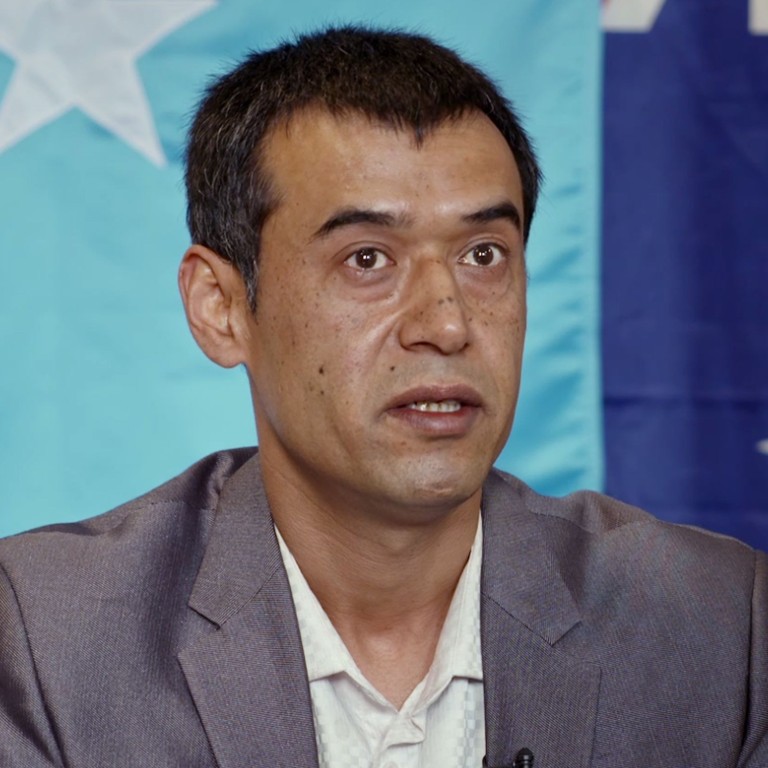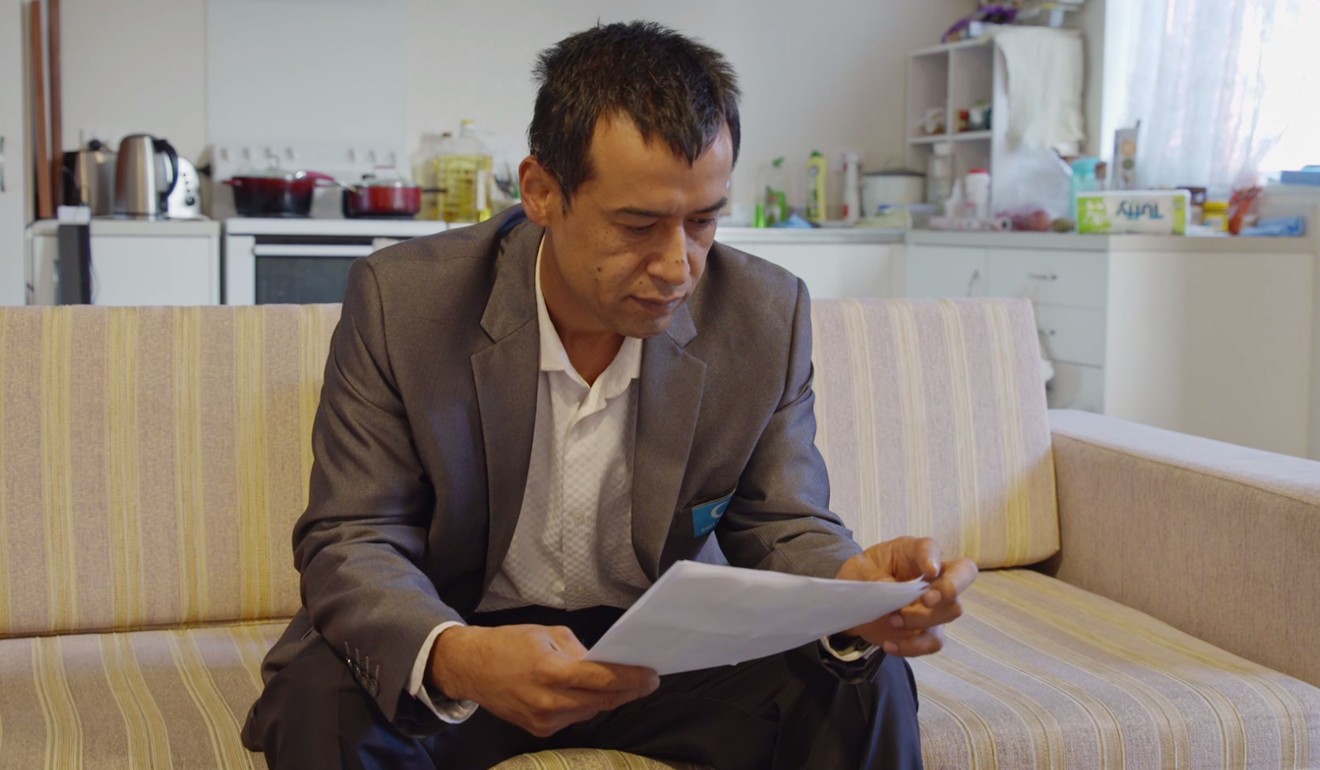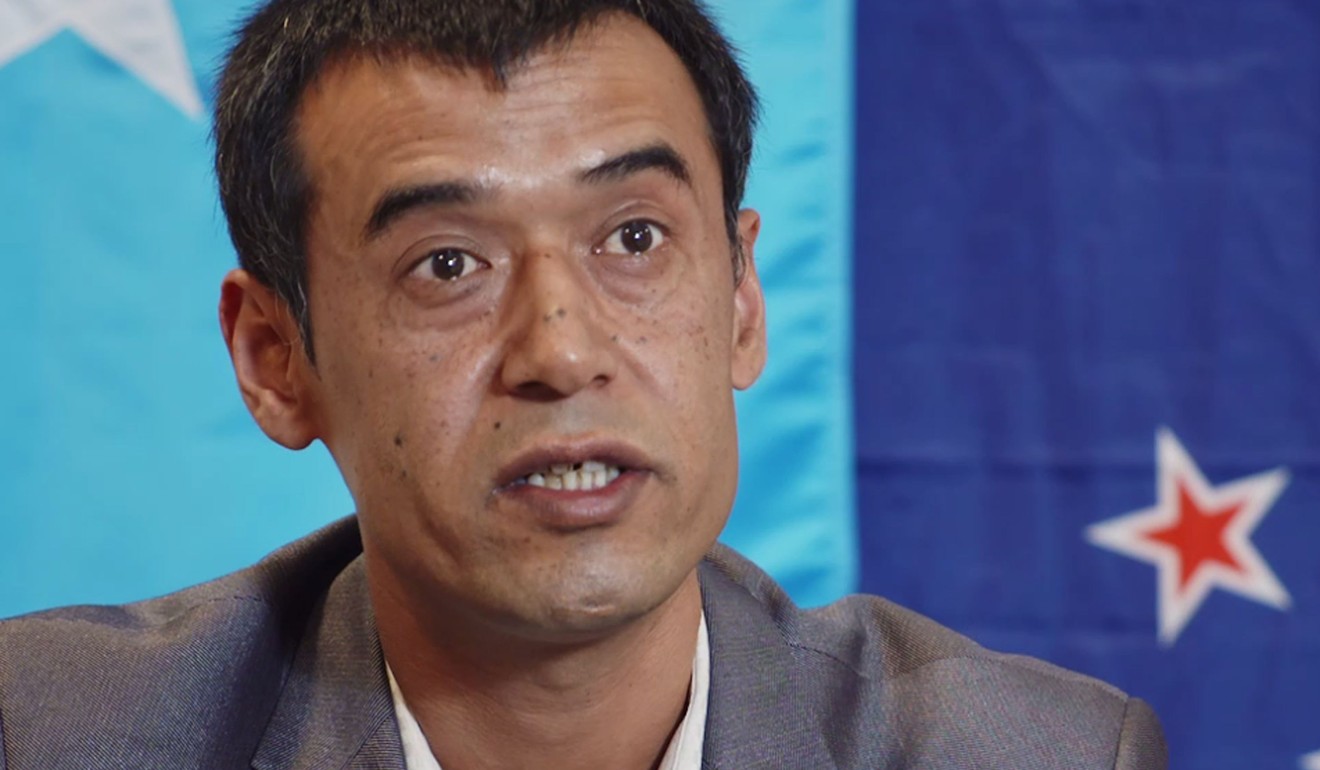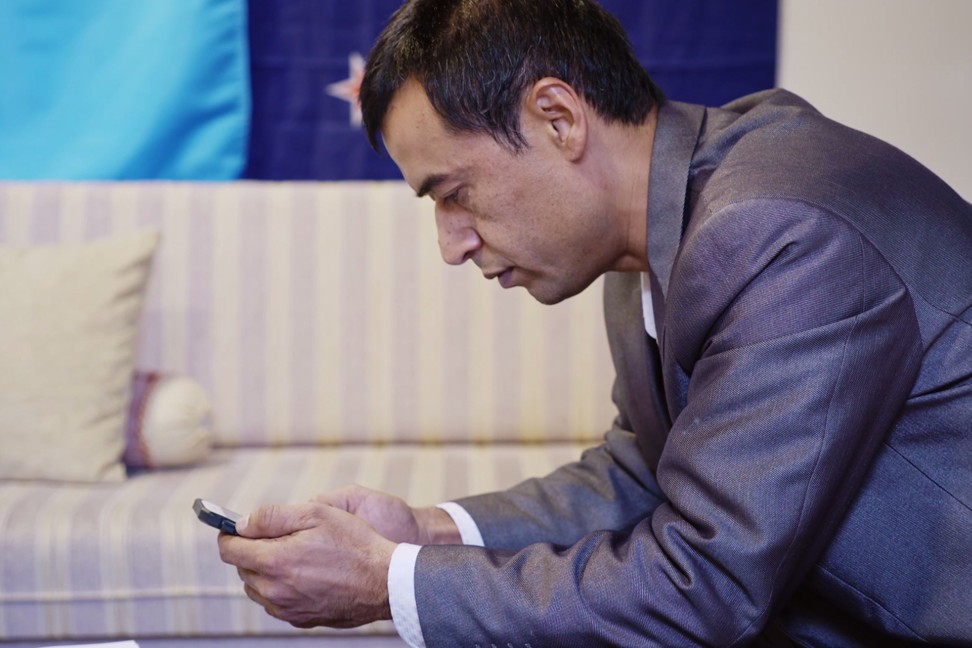
Uygur man who fled bloodshed in Xinjiang still faces harassment from Chinese authorities, 12,500km away in New Zealand
- After bloody riots broke out 10 years ago, Shawudun Abdughupur left Xinjiang, hoping for a safer life in New Zealand
- But as he struggles to make a new life in a foreign land, he continues to experience harassment from the Chinese authorities, including having his communications with his mother cut off
“[After the riots] I found something is different,” he says, explaining the decision to leave. “I felt so hopeless.”
Relations between China’s Han majority and Abdughupur’s Muslim, Turkic-speaking brethren, have rarely been good.
Most of the current territory of Xinjiang was annexed by China in the late 19th century. Following the Chinese civil war and various armed struggles, the Communist army took control of the entire region in the early 1950s.
Xinjiang sold as tourist idyll amid Uygur re-education camps
Abdughupur did not know it, but the Urumqi riots presaged a decade-long crackdown that would put an estimated 1 million people in detention and see the development of the most technologically advanced surveillance state the world has ever seen.
Ten years on, Abdughupur is still trying desperately to hold on to his past while untethering himself from the shackles that accompany it.
Like many Uygurs living in exile, he continues to experience regular harassment from the Chinese authorities as he tries to build a new life in an unfamiliar country.
Neither borders, oceans, nor a New Zealand passport have stopped the Chinese state from their pursuit.
In still broken English, the now plumber and gasfitter explains how efforts to keep in touch with his family have drawn him ever-deeper into China’s authoritarian bureaucracy.

The first calls from security operatives were unsubtle – instructing him to stop using Skype and to contact relatives on a single Xinjiang number – which could be easily monitored.
After that, questions to his mother about his younger brother were met by silence or tears.
“I asked my mum so many times, ‘where is he?’ She cried so many times. But she didn’t say anything.”
I want to know if she is alive or dead.
Then his mother, who was born eight years before Mao Zedong came to power, began asking strange questions about the Uygur community in New Zealand.
“Someone pushed her to ask,” Abdughupur said. The interrogations then came directly from the security services via text message and phones calls.
His family was safe, he was told, but could he tell his would-be handler what happened at a recent Uygur party?
When Abdughupur hung up, the threats came, always from local New Zealand mobile numbers or landlines: “We can find you. We are in New Zealand”, was their chilling message.
And then came the punishment. The last time he heard from his mother was in 2016, when she instructed him “don’t call again”. Her phone was blocked and she disappeared.
Desperate for news, Abdughupur paid an ethnic Han Chinese friend to travel to his hometown to find out more about his mum and about his disabled niece, whom he struggles to discuss without breaking down.
“I love her,” he says. “She is disabled … but she is strong. I remember her happy face.”

The report came back that Abdughupur’s mother and two of his brothers were in camps and his eldest brother was in jail.
His brothers may still be alive, but his mother’s fate is far from clear.
“At the moment she is 78 years old, she is in a concentration camp,” he said, failing to hold back the tears. “She was a cleaner, that’s all.”
He added: “I want to know if she is alive or dead.”
While he waits to find out, Abdughupur lives in the worst of all worlds – any links to his past have gone, while the shackles remain.

.png?itok=arIb17P0)
